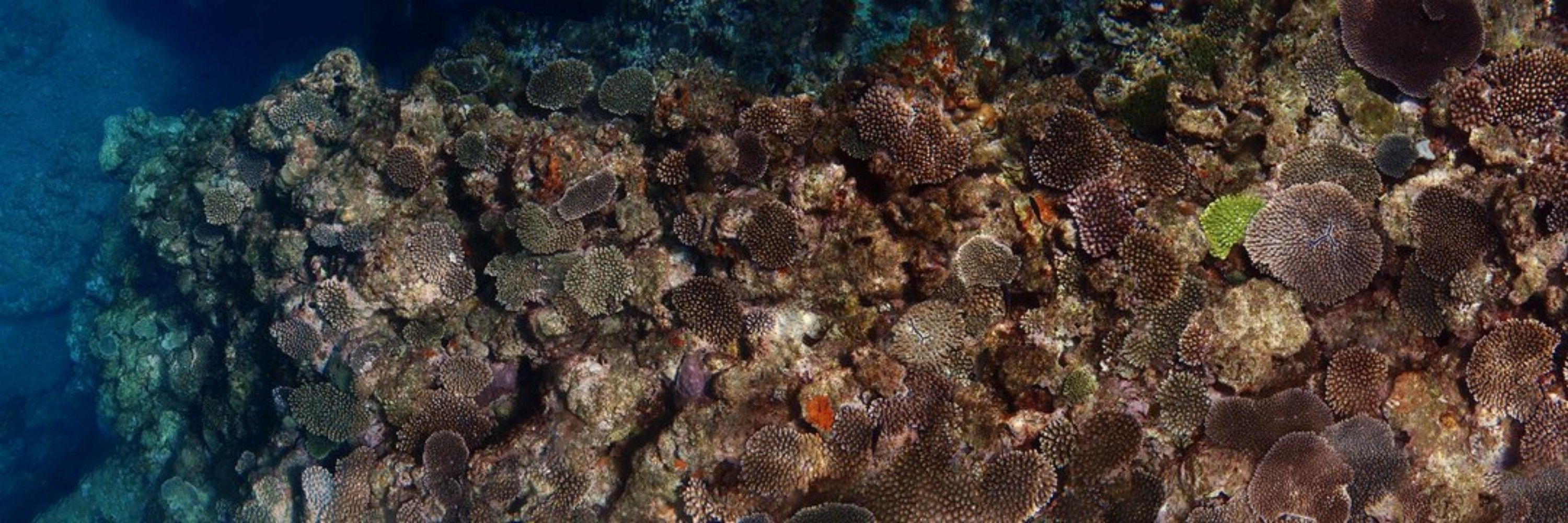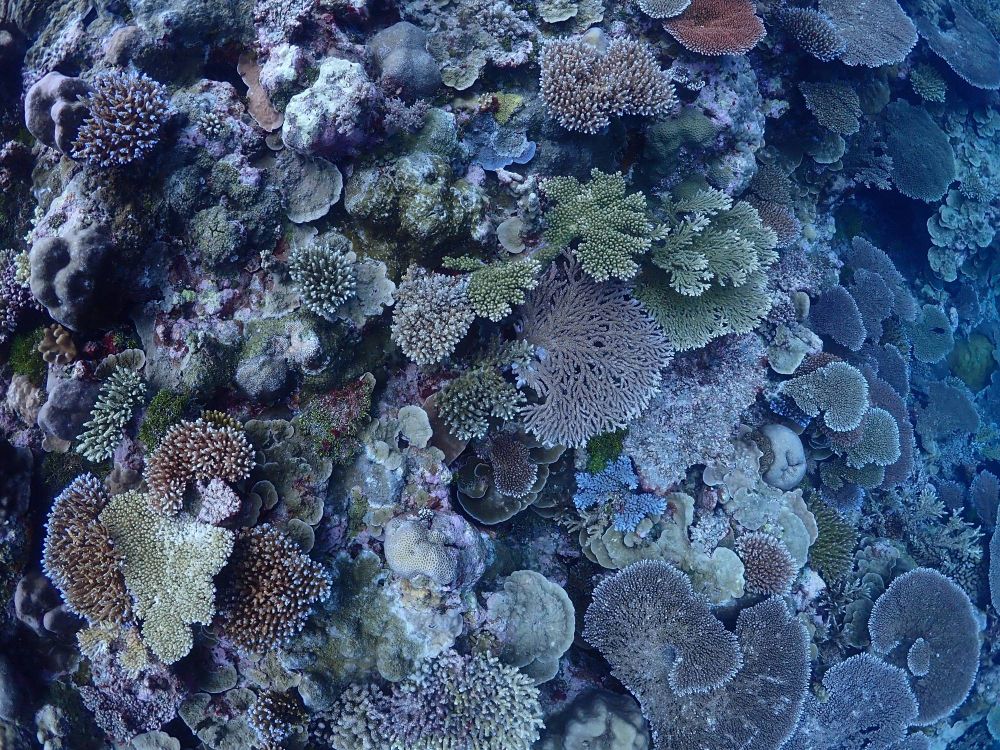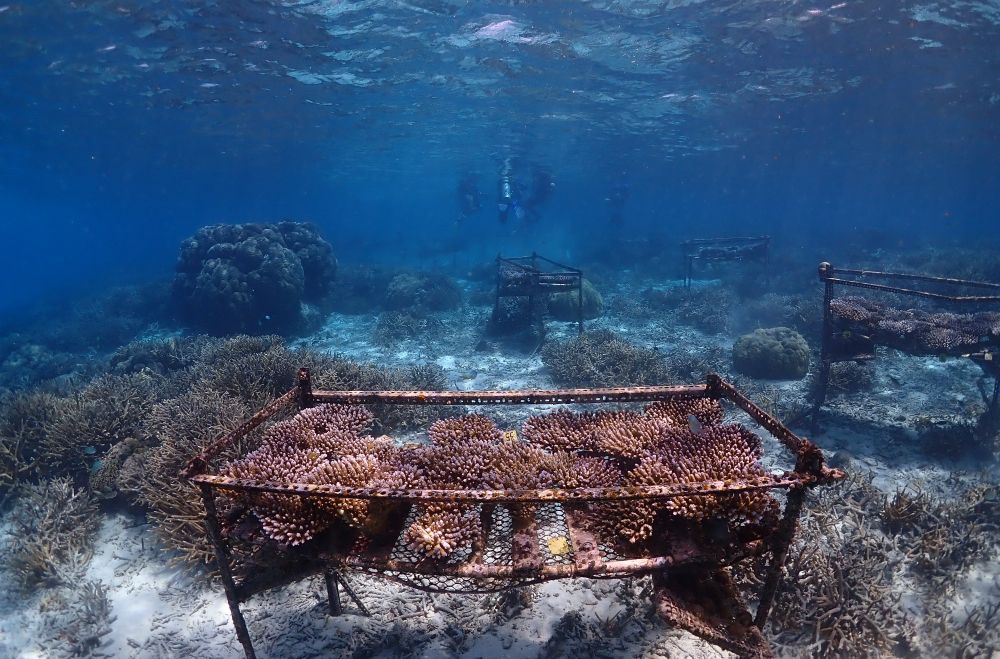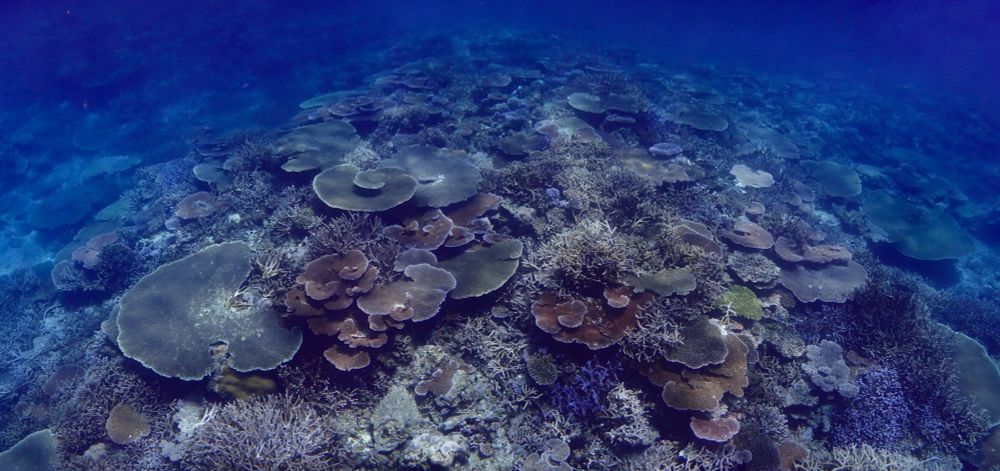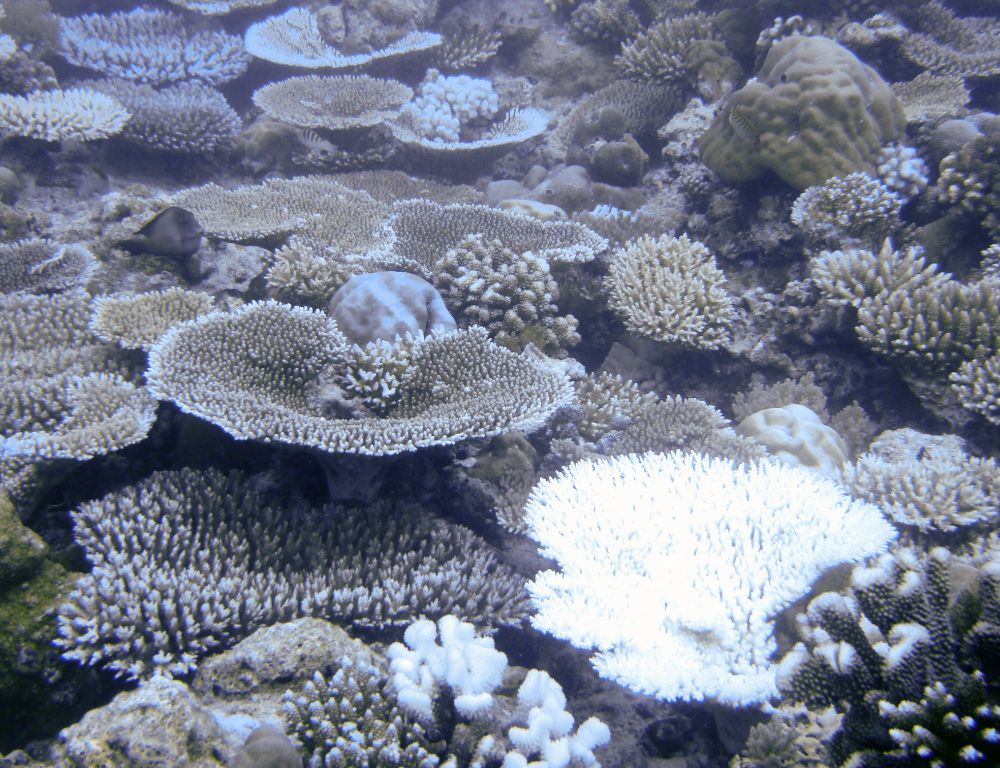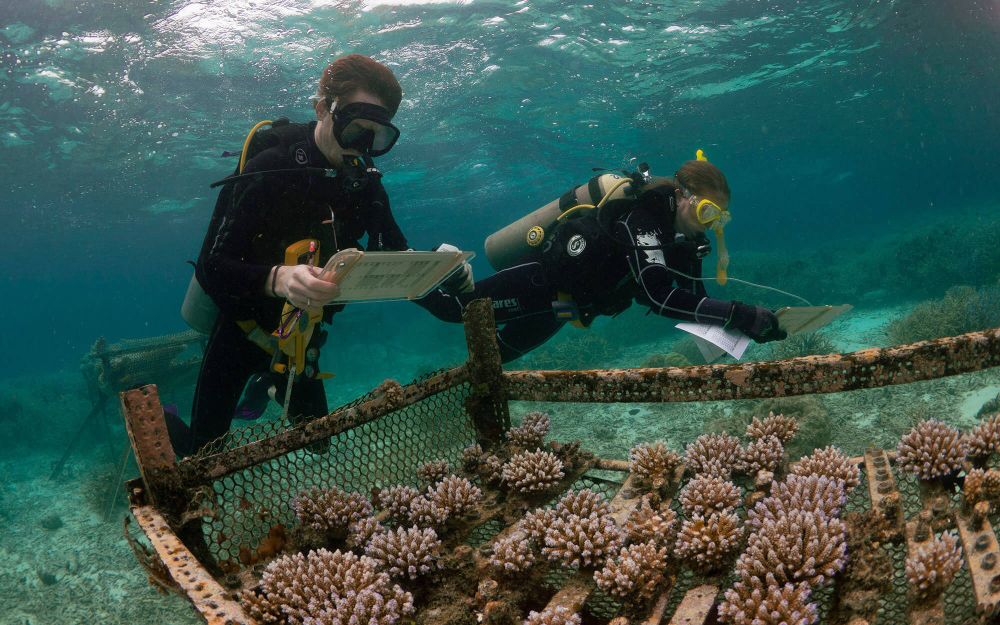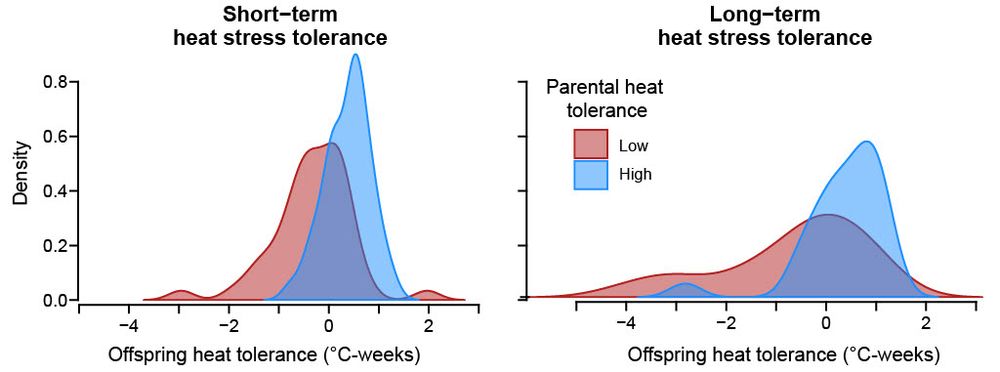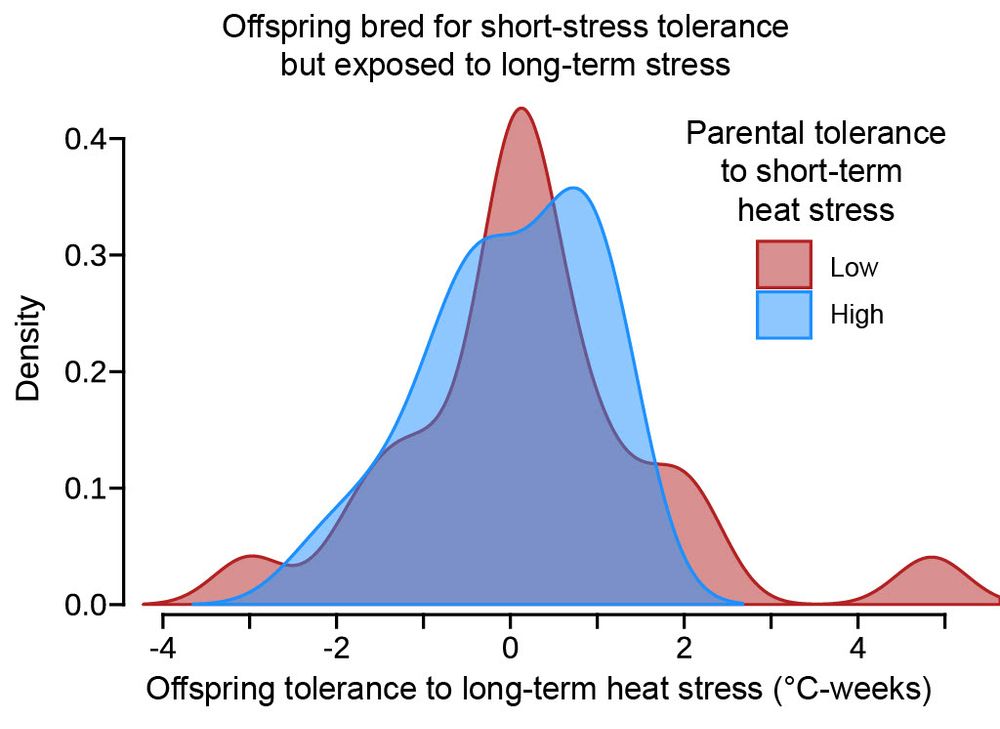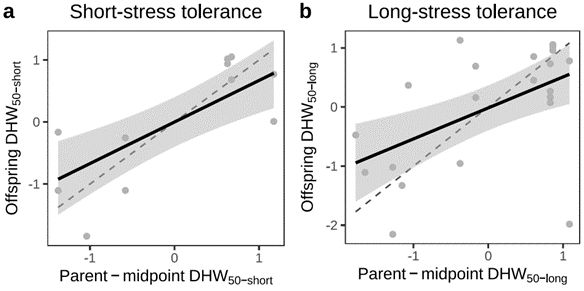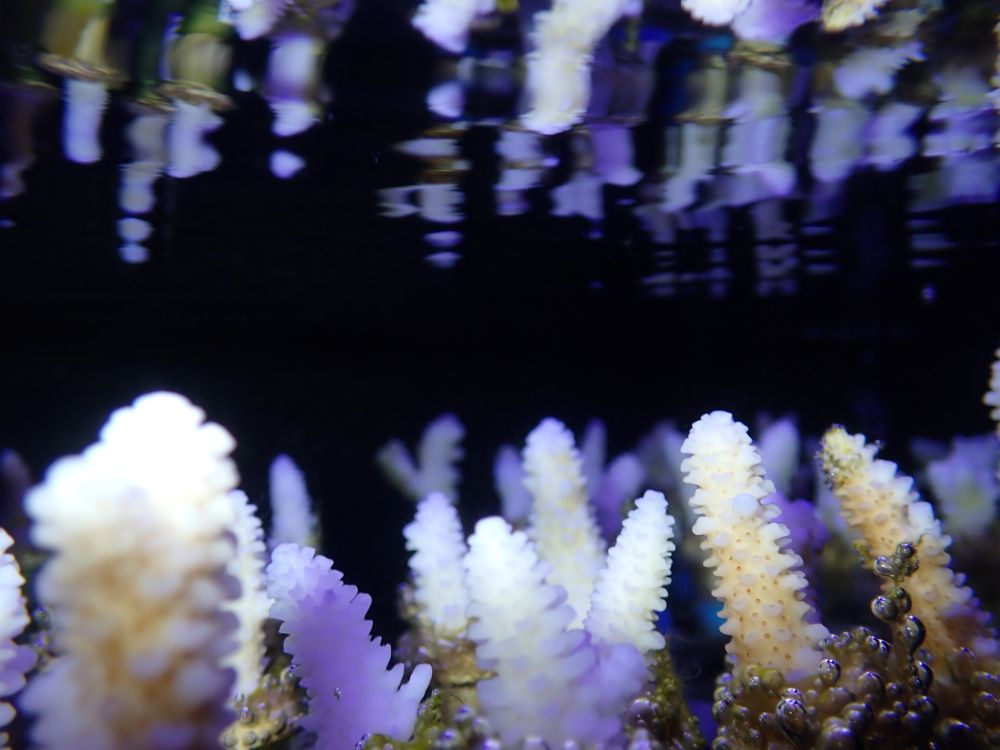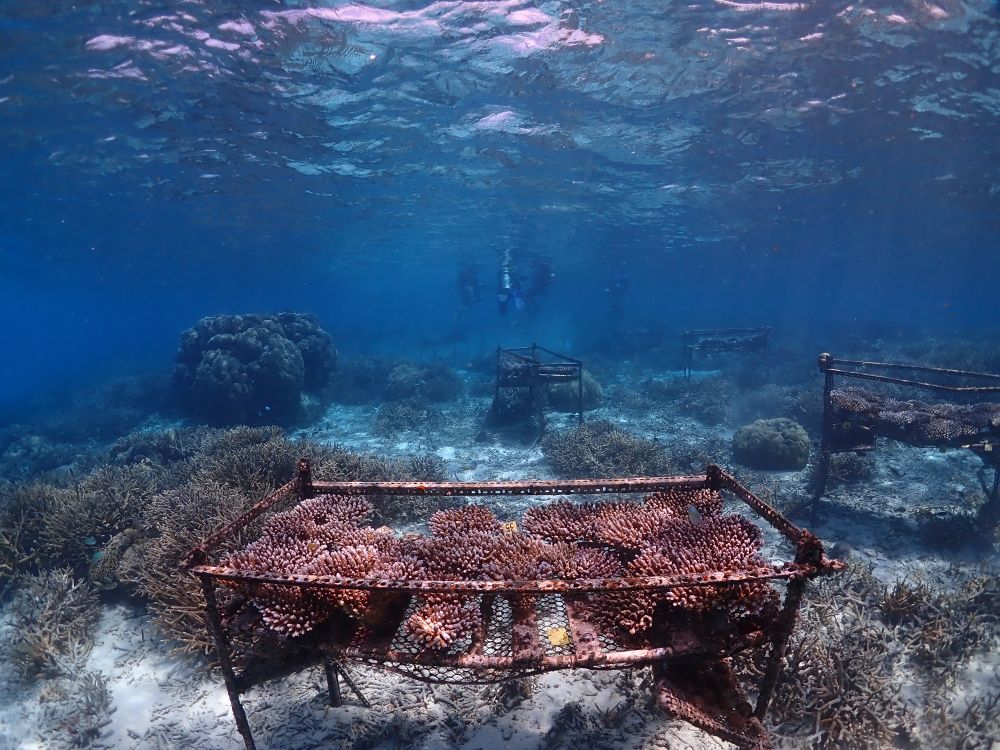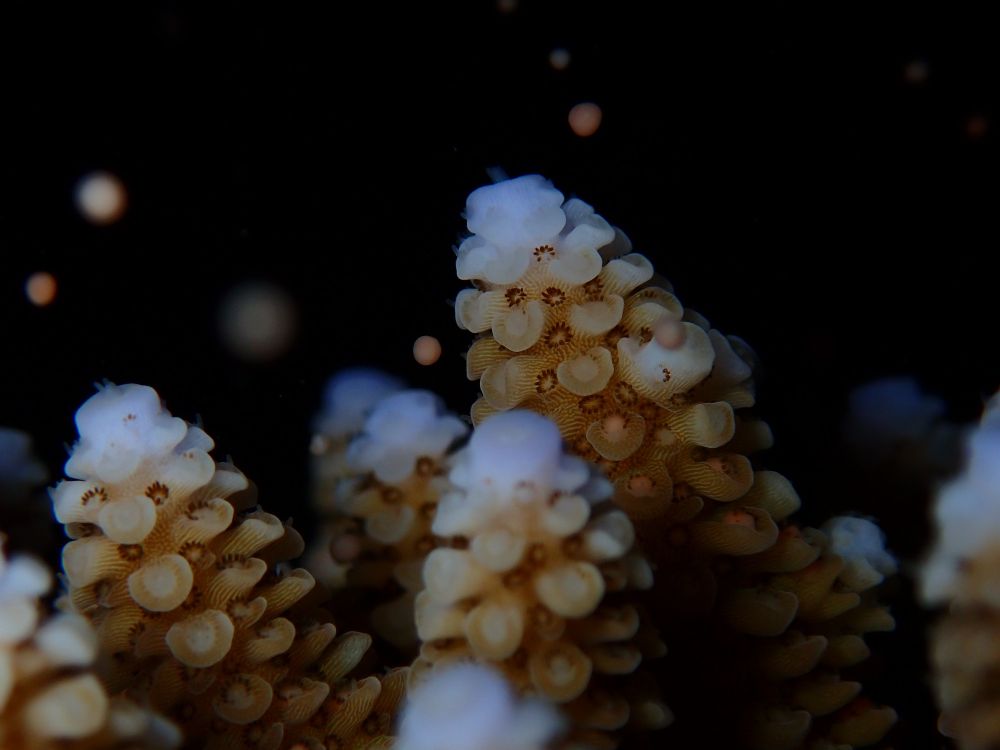Liam Lachs
@liamlachs.bsky.social
510 followers
120 following
51 posts
Climate change ecology and evolution, advocate for healthy planetary and social systems
Posts
Media
Videos
Starter Packs
Liam Lachs
@liamlachs.bsky.social
· Nov 29

Selective breeding enhances coral heat tolerance to marine heatwaves - Nature Communications
Marine heatwaves can have severe impact on corals populations. This study demonstrates that selective breeding could quickly enhance coral tolerance to short-term heat stress by up to 1 °C. This has p...
doi.org
Liam Lachs
@liamlachs.bsky.social
· Nov 29

Natural selection could determine whether Acropora corals persist under expected climate change
Marine heatwaves are intensifying under climate change, exposing populations of reef-building corals to mass mortality and intense selective pressure. It remains unknown whether adaptation can keep pa...
doi.org
Liam Lachs
@liamlachs.bsky.social
· Nov 29
Liam Lachs
@liamlachs.bsky.social
· Nov 18

High coral heat tolerance at local-scale thermal refugia
Marine heatwaves and mass bleaching have devastated coral populations globally, yet bleaching severity often varies among reefs. To what extent a reef’s past exposure to heat stress influences coral b...
journals.plos.org
